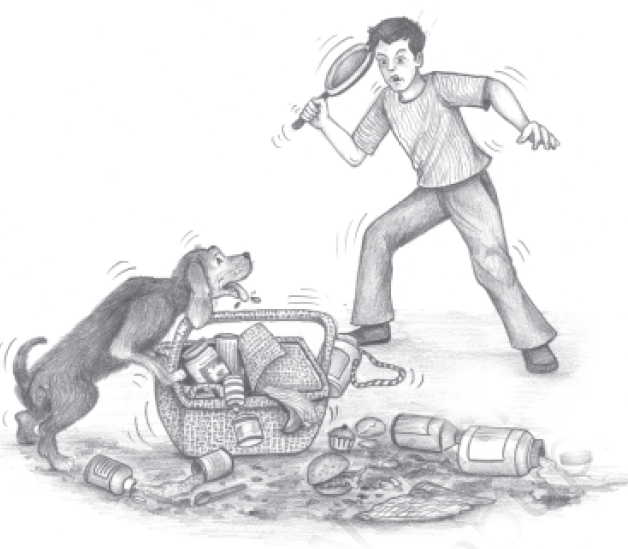Jerome K. Jerome- excerpt from Three Men in a Boat (Packing Episode)
"Three
Men in a Boat" is a humorous travelogue written by Jerome K. Jerome in
1889. The book recounts the misadventures of three friends—Jerome himself,
George, and Harris—as they embark on a boating trip from Kingston upon Thames
to Oxford. In the "Packing” Episode, the author presents how the friends
struggle to pack their things for the trip.
As
Jerome, Harris, and George are ready to set out on a journey, they start
packing for it. Being the narrator, Jerome describes how the packing experience
went. Jerome is quite confident with his packing skills as he
handles it all alone. While in reality, he wishes to simply supervise the
packing session while making his friends do the work under him. However, they
listen to him and let him handle it all by himself, while they sit and relax.
This does not impress Jerome; nonetheless, he gets to it.
Finally,
after a long packing session, he packs the bag up while his friends watch him
quietly do all the work. Soon, Harris tells him about the shoes that he did not
pack and Jerome will have to reopen the bag to make space for them. Thus, after
learning about the shoes, Jerome remembers his toothbrush which he did not
pack. In order to find it, he empties the whole just for one toothbrush. Alas,
he finds it inside a boot and packs the bag again.
After
that, one more query arises for the soap by George. Consequently,
this irritates Jerome so much that he does not heed it and packs the bag
anyway. However, to his mistake, he has to reopen it again due to his
spectacles being locked inside the bag. This packing session finally concludes
at 10 o’clock.
So, after taking such a long time to pack, Jerome’s other two friends
pack the hampers themselves to show him how it’s actually done. However, they
are also similarly gawky and break many things including a cup into pieces.
Further, they squash tomatoes and tread on butter while also smashing the pies.
In addition, there is salt flying here and there during this process. Thus,
after much chaos, they try to put things back in order.
However,
it is not as successful as their pet dog, Montmorency, worsens things. He sits
on things meant to be packed and climbs into the jam as well as crushes lemons
as if they were rats. But, finally, the final packing ends at around 12:50 in
the night. After a tiring packing session, they decide the time to get up for
the next morning and George dozes off before engaging in this conversation. In
the end, Jerome and Harris mark 6:30 as the wake-up time and go off to sleep.
Jerome
humorously details the absurdities and challenges the friends face as they try
to decide what to bring, what to leave behind, and how to fit everything into
their small boat. This episode is emblematic of Jerome's comedic style,
characterized by sharp observations of everyday life and the quirks of human
behaviour.




Comments
Post a Comment